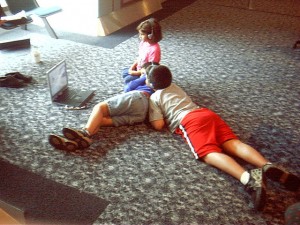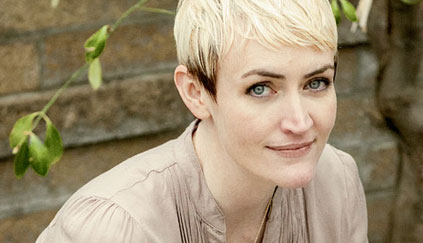Social Media and Your Family Pictures
With parents using social media sites to post family photos, do they need to worry about the photos they’re sharing being taken? The short answer: yes.
This is such an important question to ask yourself if you share family information online.
Source: Post family pics on social media? Here’s how to avoid having them stolen
Pictures of kids on online can be used by others without your knowledge. If that is surprising to you then you need to read this link from a mom whose family pics were used without her permission.
Protecting my photos does concern me even if none of them contain pictures of my family. They are my photos and my property even on social media. But understanding the internet the way I do makes me constantly vigilant like a protective animal keeping their ‘babies’ out of harms way. I am always aware of unethical users who are slithering around the web looking for photos to use as their own.
Our children and grandchildren rely and trust us to protect them and we need to include the internet as a possible place where they could be abused in the virtual world. Their digital footprint is literally in our hands every time we post news or photos about them. What an awesome thought!
So thoroughly think about the ‘stuff’ you post on Facebook, Instagram and your other social accounts especially when it relates to your children. Parents should also ask grandparents to do the same and perhaps monitor family tags that might include your kids.
Privacy settings on social media are paramount to judicious use of the internet.




